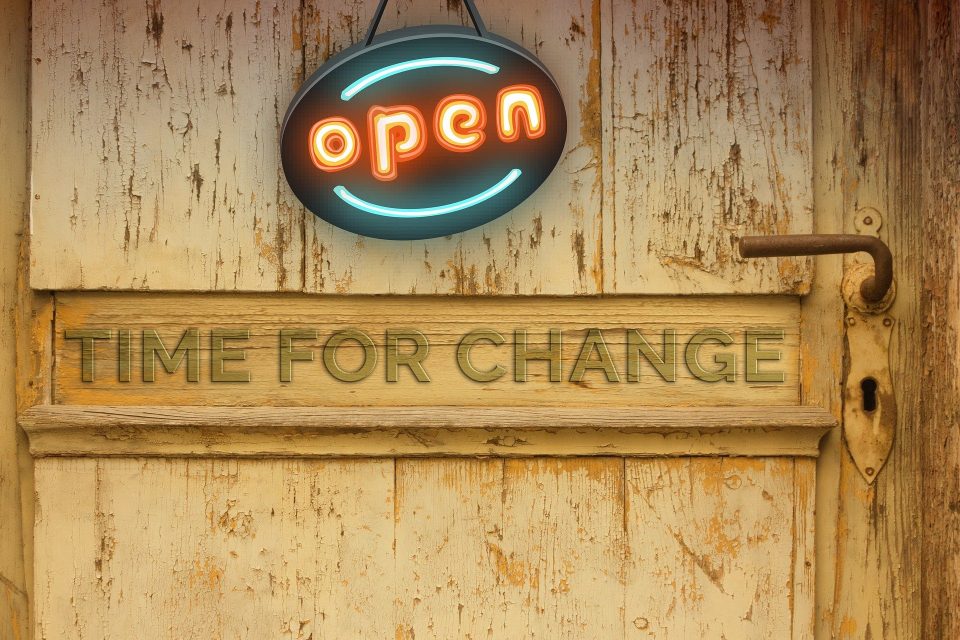Hi folks, this week we are meeting in the Crescent Club at 7.30, I hope you will be able to join us. We are continuing our series thinking about the Bible, this week’s theme is Wisdom = Time + Diversity.
I often find when I read the bible, I take it at face value, even as someone who has studied theology, my default position isn’t to think too hard about it, my brain can’t cope!! When I’m preparing for a sermon or something, that is the time I generally dig down a bit deeper, but I still find I struggle to understand what I’m reading! We have covered some of that in the previous weeks but it gives me a context as to this chapter.
Pete points out that the bible’s diversity is the key to uncovering its purpose.
So I kind of knew it was diverse, but placing the context of that diversity together may just help us. Because if you place the diversity of the bible into the context of when it was written, we begin to see that those who wrote the bible reflect the different times and circumstances they found themselves in.
For example Pete looks at Deuteronomy and Exodus and suggests that the biblical timeline for it is about forty years of wandering in the wilderness. But the actual time distance between them is much greater. Scholars suggest that Deuteronomy was written much more than forty years later, and he gives some pointers as to why this maybe the case, and concludes by suggesting along with other scholars that it was written much later, the bottom line here is that Deuteronomy is a late revision of ancient law – In other words the writer had no problems rewriting the law for new times and still was able to say this was God’s word spoke to Moses on Mount Sinai, even though they don’t match what happened in Exodus!
So Pete says “Deuteronomy reimagines God for a new time and place. Deuteronomy is, in other words, an act of wisdom. For the past to have any spiritual vitality in the present, it had to be reshaped for the present.”
Basically the author of Deuteronomy accepted the sacred responsibility to rethink the past for their time – They were asking What does God require today? – So if we can view this book like that, we can begin to understand that the whole of scripture has an element of this question rooted deeply within it.
This is the Wisdom of the bible!
So these accounts in scripture crack open a window into a different time and place to view the people of God in their time.
Does this mean God changes? I don’t think it does – maybe it just suggested that in different times and places God was viewed differently. And that is ok, (although some would say that it isn’t).
What this leads me to think, is that we can’t capture the fullness of who God is in our context, there is a future we do see, and again, folks will reflect on who God is in different ways to even us!
Some questions
In your lifetime, what has been the biggest change you have witnessed?
How do you feel that some books of the bible are updates on past books, so which of these ‘updates’ in the Bible were you aware of?
Genesis 1 and Genesis 2
Old Testament and New Testament
Mark, Matthew, Luke, John
Which of these are ‘updates’, re-imaginings, re-writings or are they something else?
How does the diversity in the bible help you understand what it might be saying today?
In what ways should/could the bible be updated, re-imagined, rewritten, re-told today?
Peace, Rob

Rob Wylie is the founder of BeachcomberFX and guides its leadership team. He has worked in the North East for over 20 years and has vast experience from various roles he has held. He has a passion for Fresh Expressions of Church and Pioneer Ministry as well as beer, beaches and Miniature Schnauzers.
